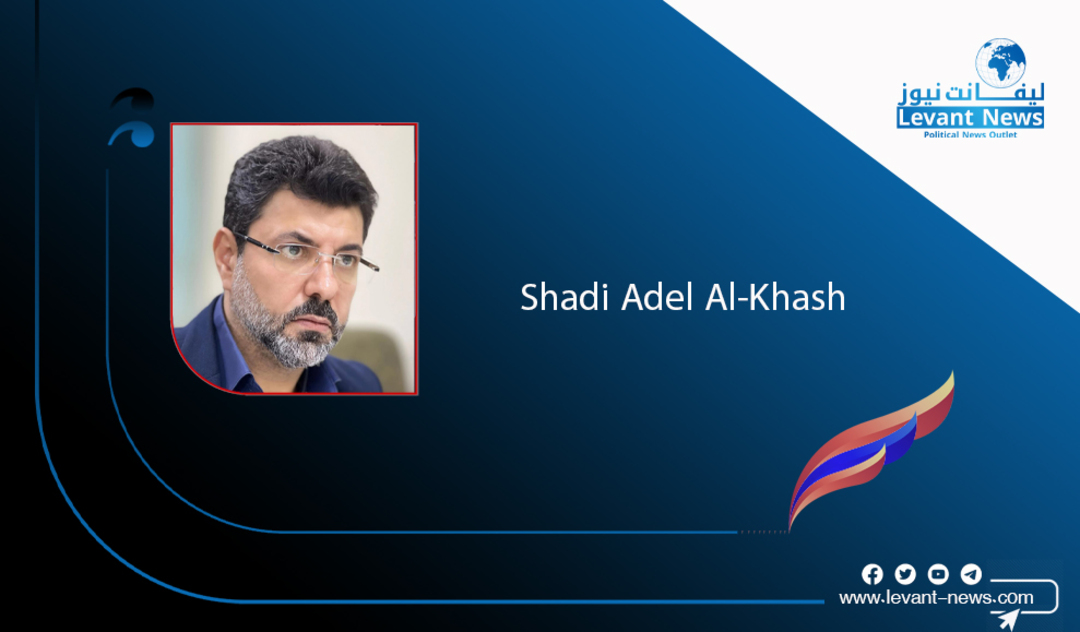-
The Syrian National Project: From Need to Necessity

In every pivotal moment of upheaval that shakes nations, there emerges the need for more than just crisis management or crisis overcoming. There arises a need for a project—not merely as an immediate political program, but as a comprehensive, sovereign framework that redefines the state and the purpose of its existence. Today, Syria, after more than a decade of the collapse of its political infrastructure and the explosion of its social fabric, no longer needs a change of individuals or personnel swaps. What it requires is a thorough reconstruction of the state—one that saves it from its role as a conflict tool and restores it to its natural position as a regional stabilizer and a unifying national space.
Reality, with all its fluctuations and conflicts, has proven that all partial solutions, no matter how realistic they seem in the short term, are incapable of producing genuine balance. As long as the state’s structure remains fragile, authority lacks a social contract, sovereignty is fractured, and citizenship is conditional, stability will remain fragile, and development projects will remain trapped on paper.
The desired national project does not offer a personal alternative nor does it rely on a void of opportunity. Instead, it presents itself as a comprehensive equation: a state with a unifying national identity, civil institutions, rule of law, balanced powers, and effective sovereignty over land and decision-making. This project is not based on victory for one party but on restoring the very idea of the state—as a representative apparatus working in the interest of all citizens, without discrimination or favoritism.
The issue is no longer about who rules but about how Syria is governed, on what basis, and for whose benefit. A state that is not based on a just social contract but is managed by the logic of dominance or patronage, not sovereignty or public interest. Any system built on dependence or temporary intersection with centers of power is doomed to collapse whenever its balances shift.
Therefore, the national project derives its legitimacy not from a transient circumstance but from an objective need that transcends individuals and alliances, aiming to build a stable, neutral, productive state capable of embracing its differences within a framework of law, justice, and balance. It is a project that shifts politics from being a struggle over spoils to the management of public interests.
This project cannot succeed unless it is comprehensive—spiritually, practically, in its view on identity and citizenship, and in shaping the relationship between citizens and the state, and between the state and its surroundings. It does not merely correct distortions but redefines core concepts: sovereignty, pluralism, decentralization, participation, accountability, resources, institutions, and independent national decision-making.
Experiences of peoples who overcame catastrophe did not rely on compromise solutions but on major projects, conscious sacrifices, and an unwillingness to reproduce what has fallen. If Syria seeks to rise again, it must emerge from the cycle of dependence, militarization, and fragmentation toward a national unity that is not based on coercion but on justice.
Herein lies the significance of the national project—not as a choice among options but as an unavoidable necessity if Syria is to escape a fragile future. It is not a rosy promise but a comprehensive plan to reconstruct the state on rational, sovereign, and humane foundations. While it acknowledges complexities and does not ignore regional and international interests, it seeks to organize them within a vision that guarantees Syrians the right to self-determination without guardianship and offers the region a responsible partner rather than a chronic burden.
What we propose is not merely a new slogan added to speeches but a foundational map for a new reality. It recognizes pluralism, surpasses revenge, and draws clear boundaries between what is national and what is functional. It is a project measured not by the number of supporters but by the depth of the need for it, the clarity of its structure, and the credibility of its tools.
While the country lives in a state of anticipation, and many seek superficial settlements or obligatory alliances, there is a need for a wise national current that does not surrender to the current reality but also does not gamble with the people’s future. A current that presents this project as the cornerstone of Syria’s future, not as a tool for conflict over who rules it now.
Because everything fragile will collapse at the first shake. And everything without a project will be used in others’ projects. The national project, however, is what can keep Syria standing—just, free, and safe—not because it is protected by force but because it is protected by the idea of the state and the will of a people who no longer accept being governed outside their name and interests.
Shadi Adel Al-Khash
You May Also Like
Popular Posts
Caricature
opinion
Report
ads
Newsletter
Subscribe to our mailing list to get the new updates!




















